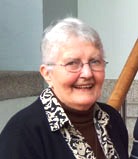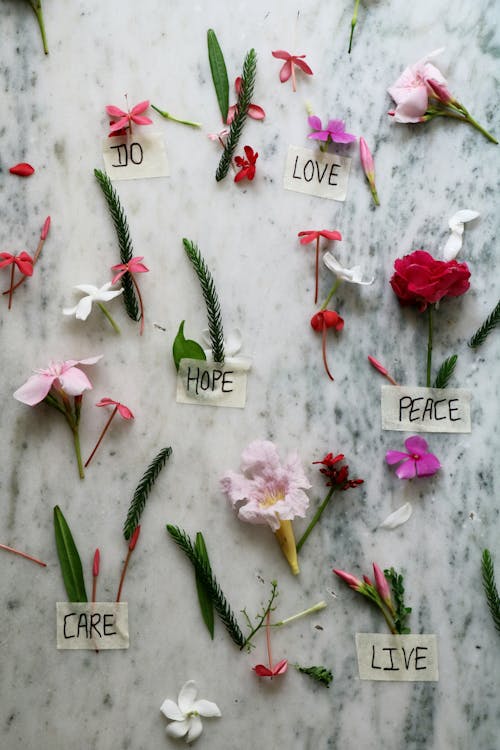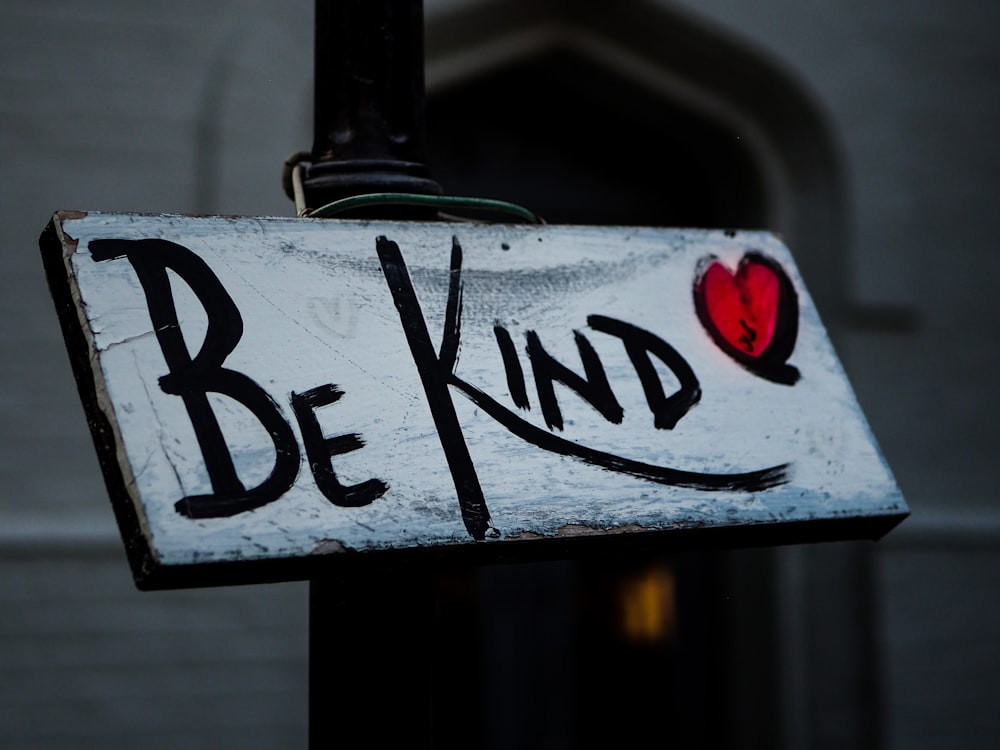
On the Catholic Korean website Here/Now there is an article on an interview with Maryknoll Sister Jean Marie Maloney who has returned to the United States after 70 years in Korea.
Sister Moon Ae-hyeon (Joanna) is her Korean name. When she left to enter the convent her father told her heartbroken mother she was such a tomboy that she would not stay in the convent long and would be back with us soon. She was the first daughter and just over 20 when she entered the convent. She made her first vows and entered Korea as a missionary and lived here for 70 years.
She is a native of Syracuse, USA. She entered nursing school after graduating from high school. The three years of school life were very enjoyable, and she met a Maryknoll nun at school that motivated her to enter the Maryknoll Sisters Convent. Because she entered the convent right after the Korean War, Korea was a place where nurses were desperately needed.
From New York via California and then by sea, she and four colleagues arrived in Korea on October 1, 1953, and immediately began working at Maryknoll Hospital in Pusan. She had no time to learn Korean properly. In the mornings she studied Korean with private tutors, and in the afternoons worked at the hospital.
About 2,000 patients came in every day. There were about 20 religious and 200 staff who took care of the patients. There were 1 million refugees alone in Pusan at that time. She worked at the Maryknoll Hospital in Pusan for three years. They had no medicines, not enough beds, and they couldn’t take care of all that came. She was to send patients home except for those who were in critical condition. It still hurts that people who could have been cured with medication were not treated and that the patients had to be sent home.
Curious and positive by nature, she found joy in the midst of such difficulties. It was good that she had friends by her side, and it is a happy memory that she went out to play in the sea wearing a swimsuit made by someone on a day off. The ruins of war, sick patients, and difficult situations for a 23-year-old woman who can't speak properly in a foreign country, but Sister Jean still recalls the difficulties and joys with a smile on her face, which shows why her 70 years were possible.
After working at Maryknoll Hospital in Pusan for three years, she moved to another hospital in Jeungpyeong, North Chungcheong Province, and in 1963, to Ganghwa Island, Incheon, where she faced a different situation. The Maryknoll Society was committed to social welfare, labor, and education in Incheon, where textile factories were concentrated. Sister Maloney began to understand the labor issues while watching the activities of the Catholic Labor Youth Association and influenced by studying the documents of the 2nd Vatican Council and seeking practical methods in her own studies of the situation. She also participated in the labor movement as a member of the Catholic Labor Youth Association.
In 1985, she came to know the Yongsan prostitution women's community, 'Magdalena's House,' in a field experience program of the Asian Mother Superiors Association. She wanted to live there. Someone asked, "What are you going to do there?". And so began her new life living with them.
A foreign nun among prostitutes that even Koreans ignore. There were also times of boundaries and distancing, she said. One day, after helping a woman who came to her crying in pain, Sister Jean became a 'good person'.
Sister Jean said that the time she spent at Magdalena's house was also "a very interesting time". She says refugee patients, workers in the 1970s, prostitutes… none of them had an easy time living in Korea but her time with them was interesting and satisfying. Looking at Sister Moon’s eyes as she said those words the interviewer realized that Sister Moon’s word 'interesting' was a time to laugh because we were together in pain and hardship, the joy of growing up by helping and encouraging each other’s lives, tears would never wash this away.
Looking over her 70 years of living as a religious and missionary she said: "It is very important to trust and love each other. I worked in many places, but I forgot what I did. But my attitude, being with people, respecting, trusting, and loving each other remains. I think Jesus wants to teach that. Of course, there are a lot of fights and difficult things. But God forgives."
The question that Sister Jean still has while remembering many things is: "Why do so many people have to suffer?" At the same time, another thing she saw was scenes where people who struggled and lacked so much shared more, cared for others and understood.
"Believe in yourself and do what you want to do. If it goes well, we give thanks, if it doesn't, we learn. Also, God sees things differently than I do. Please forgive us for our mistakes and let us go on. Don't make it work right away, help us until it works. But before that, I have to become someone I can trust."
When asked what kind of missionary experience she has experienced in Korea, she immediately answered: "Love." It was the process and result of overcoming the barriers without attaching any meaning to them in Korean society where there were so many barriers to overcome. The happy smile that was not lost throughout the interview also gave meaning to the history of that "love".
The day of her interview was two days before Sister Jean Maloney left for a visit to her hometown in the United States. Fortunately, she is not sick but lacks energy and is getting weak and she wants to go back to her hometown. Saying goodbye after her interview, she said: "I will be back soon." She will be returning to the States with Fr. Russell J Feldmeier MM. who is also returning to the States after his visit in Korea. Sister will be leaving the place where she spent most of her long and interesting life.




